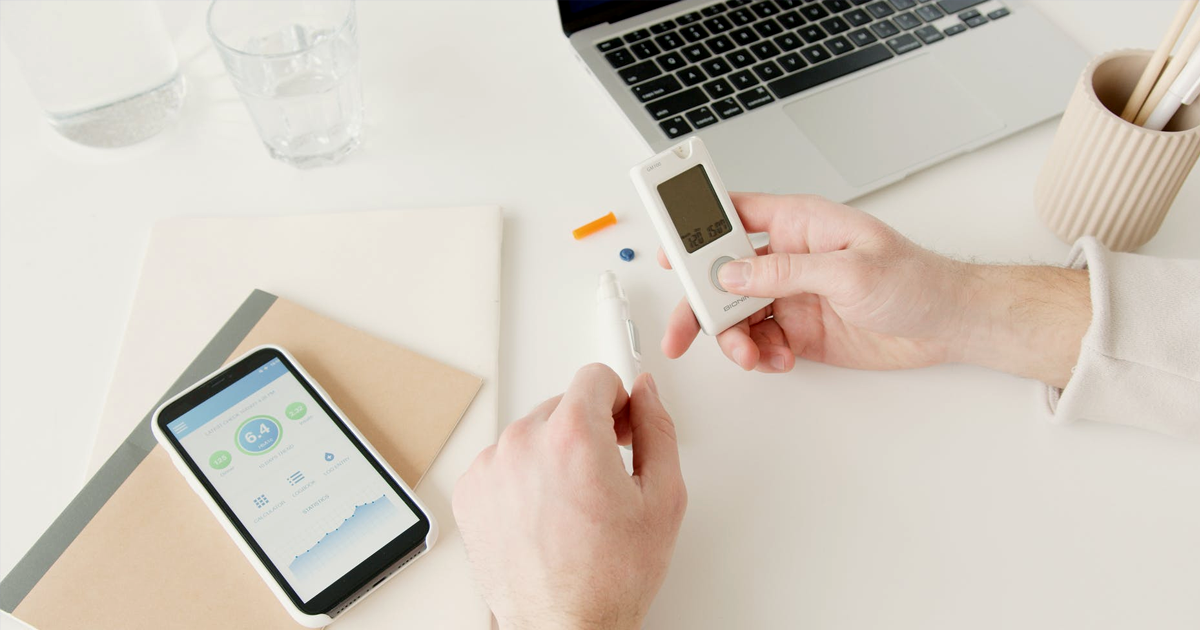The global Medical Adherence Market is estimated to be valued at US$ 3.5 billion in 2020 and is expected to exhibit a CAGR of 11.4% over the forecast period 2020-2025, as highlighted in a new report published by Coherent Market Insights.
Market Overview:
The Medical Adherence Market refers to the market for solutions that improve medication adherence among patients. These solutions include reminder tools, smart pill bottles, mobile applications, and other technologies that help patients adhere to their prescribed medication regimen. The market is driven by the increasing need for medication compliance, as non-adherence to prescribed medications is a major issue globally, leading to reduced treatment effectiveness and increased healthcare costs. By improving medication adherence, these solutions offer benefits such as better health outcomes, reduced hospitalizations, and improved patient satisfaction.
Market Key Trends:
One key trend in the Medical Adherence Market is the growing adoption of smart pill bottles. These pill bottles are equipped with sensors and wireless connectivity, enabling them to track medication usage and send reminders to patients. They can also transmit data to healthcare providers, allowing them to monitor patient adherence in real-time. Smart pill bottles help address the issue of forgetfulness and improve medication compliance, particularly among elderly patients who may have multiple prescriptions. With advancements in IoT technology, the market for smart pill bottles is expected to witness significant growth in the coming years.
Porter’s Analysis
Threat of New Entrants: The threat of new entrants in the medical adherence market is moderate. While the market requires substantial investments in technology and infrastructure, there is still room for new players to enter with innovative solutions. However, established companies with significant market share and strong distribution networks pose barriers to entry.
Bargaining Power of Buyers: The bargaining power of buyers in the medical adherence market is moderate. Buyers, such as healthcare providers, have a range of options from various solution providers. However, the importance of medication adherence in improving patient outcomes gives leverage to solution providers in their pricing and contract negotiations.
Bargaining Power of Suppliers: The bargaining power of suppliers in the medical adherence market is relatively low. Suppliers of technology components and software solutions compete among themselves to gain market share, putting pressure on pricing. Additionally, the availability of alternative suppliers increases competition in the market.
Threat of New Substitutes: The threat of new substitutes in the medical adherence market is low. Medication adherence is crucial in healthcare management and there are limited alternatives that can achieve the same level of effectiveness. This reduces the likelihood of patients or healthcare providers switching to substitute solutions.
Competitive Rivalry: Competitive rivalry in the medical adherence market is high. The market is fragmented with numerous players offering different types of adherence solutions. Competitive strategies include product differentiation, collaborations with healthcare providers, and technological advancements. This intense competition drives innovation and improves the quality of offerings.
Key Takeaways
The Medical Adherence Market Scope is expected to witness high growth, exhibiting a CAGR of 11.4% over the forecast period of 2020-2025. The increasing prevalence of chronic diseases and the rising geriatric population are the major drivers of market growth. With an aging population, there is a growing need for effective medication management and adherence to ensure better health outcomes.
In terms of regional analysis, North America is anticipated to be the fastest-growing and dominating region in the medical adherence market. The presence of advanced healthcare infrastructure, favorable reimbursement policies, and technological advancements contribute to the growth of the market in this region. Additionally, increasing awareness among healthcare providers and patients regarding the benefits of medication adherence further drives this market’s growth.
Key players operating in the medical adherence market include AdhereTech, McKesson Corporation, Medminder Systems, Inc., Omnicell, Inc., and DrFirst, among others. These companies provide innovative solutions such as smart medication packaging, digital platforms for patient engagement, and medication reminders. They focus on strategic collaborations, mergers and acquisitions, and product launches to strengthen their market position and gain a competitive edge.
In conclusion, the medical adherence market is poised for significant growth in the coming years. The increasing demand for effective medication management and the advent of advanced technologies drive market expansion. Players in this industry need to focus on innovation and strategic partnerships to capitalize on the lucrative opportunities in the market.
*Note:
1. Source: Coherent Market Insights, Public sources, Desk research
2. We have leveraged AI tools to mine information and compile it


